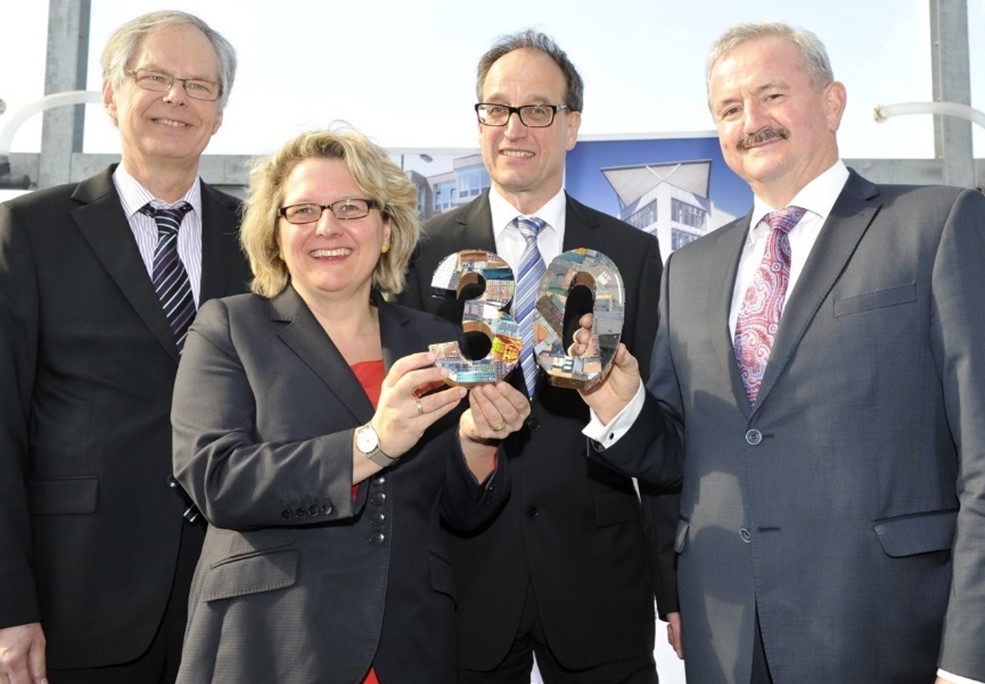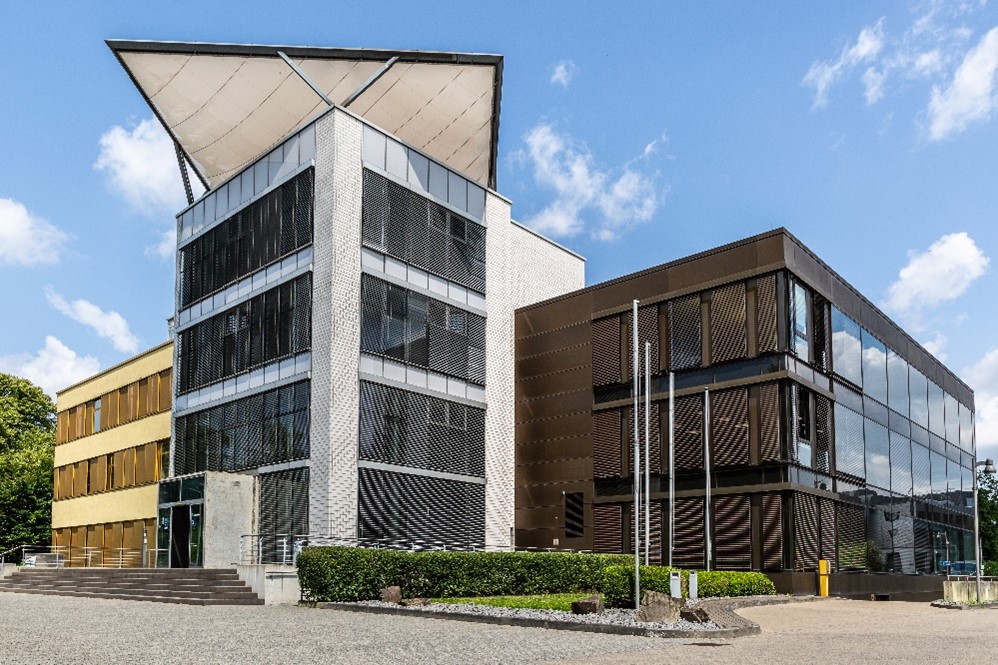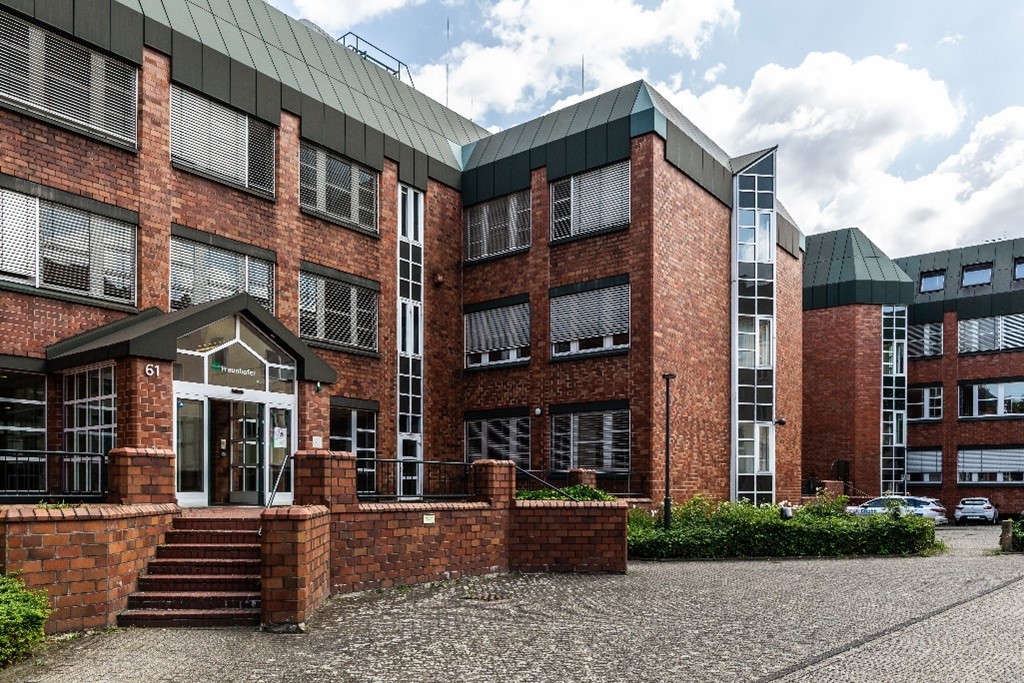Four decades of microelectronics »Made in Duisburg«
From robust microchips to quantum technology: 40 years of Fraunhofer IMS
Duisburg, August 4 2025 – For four decades, the Fraunhofer Institute for Microelectronic Circuits and Systems IMS has been shaping microelectronics research in Germany and worldwide. Today, the institute brings light to chips, sensor technology to tissue, and intelligence to machines. And it does so with technologies whose applications range from implants to industrial systems.
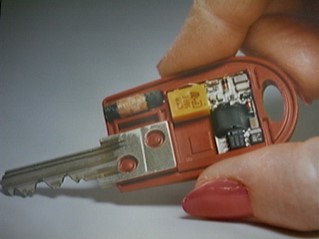


In 1985, PCs were still a rarity, and the term »artificial intelligence« was a distant dream. Today, smart systems control medical devices and production facilities, often with components that were developed or manufactured in Duisburg. From the first 4-inch wafer production in the 1990s to the development of intelligent sensor systems today, Fraunhofer IMS has continued to evolve and has been quick to embrace new technologies.
Technological change as a constant
The scientific foundation for Fraunhofer IMS was laid at the University of Dortmund in 1970, and just two years after its official establishment, the newly constructed institute building in Duisburg was ready for occupancy in 1987. There, Fraunhofer IMS began developing innovative CMOS manufacturing processes for robust, reliable, and automotive-grade microchips in its own clean room. Prof. Dr. Günter Zimmer shaped the structure and orientation of the institute for many years. Since 2006, Prof. Dr. Anton Grabmaier has been leading the institute with a clear focus on applications that make microelectronics useful for people and society.
Developments such as the intracranial pressure sensor for hydrocephalus patients, developed in collaboration with partners, or retinal implants that enable blind people to see again, demonstrate the direct impact of research on the quality of life of many people. The institute has also set standards in infrastructure monitoring, for example with concrete sensors for corrosion detection. The long-standing cooperation with the company ELMOS shows that IMS developments also prove themselves in high-quality automotive applications. A milestone in photonic sensor technology was the development of a LiDAR system, i.e., a precise distance sensor using light, with extremely low-noise SPAD technology (single-photon detectors). This innovation made the institute internationally visible.
Today: High-tech for tomorrow's living environments
»Our sensor technology is becoming increasingly intelligent. It detects changes before they become a problem,« says institute director Prof. Dr. Anton Grabmaier. »Whether in safety-related image sensors, biomedical implants, or industrial automation, IMS technologies help to identify risks at an early stage and make systems more efficient and safer.«
The combination of sensor technology and artificial intelligence (AI) is a key topic here: algorithms make it possible to determine vital parameters such as respiratory rate and pulse from image data, wirelessly and without direct skin contact. AI is now systematically advancing into new areas of application, from nursing care support and medical technology in the home environment to industry. At the same time, scientists at Fraunhofer IMS are increasing the performance of microelectronic components: for example, with 3D integration, new material systems, and processes such as atomic layer deposition (ALD), which can be used to create ultra-thin, uniform functional layers in the nanometer range.
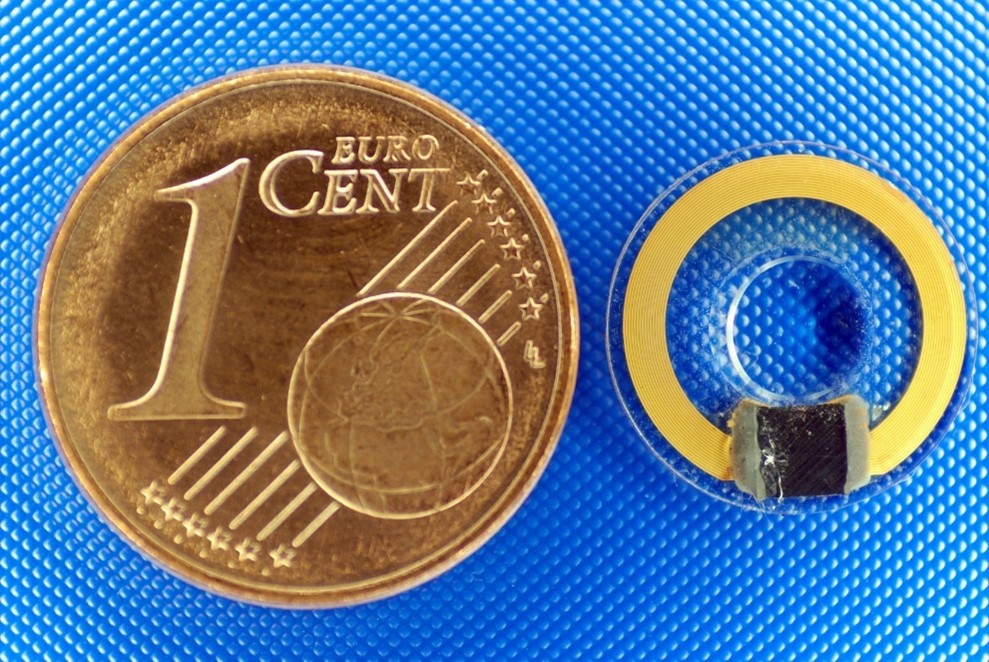
Another focus is on integrating photonic functionalities directly into electronic systems—a key technology for high-precision sensor technology, biomedical diagnostics, and quantum technology. »The clean rooms at Fraunhofer IMS offer the ideal infrastructure for directly translating research results into innovative components and then scaling and transferring them,« explains Prof. Dr. Anna Lena Schall-Giesecke, who heads the core competence »Technology« at Fraunhofer IMS and also conducts research as a professor at the University of Duisburg-Essen.
The future from Duisburg
Microelectronics has changed the Ruhr region. Fraunhofer IMS remains an active driver of this change in its role as a bridge builder between research and industrial application. With modern cleanroom technology, interdisciplinary development expertise, and application-oriented technology solutions, the institute brings microelectronics from Duisburg into systems worldwide.
Fraunhofer IMS
Shaping a safe and sustainable future with intelligent sensor systems: Fraunhofer IMS works on innovative microelectronic solutions with over 200 talented scientific staff and students in numerous state-of-the-art research laboratories.
As a reliable research and development partner for industry, the institute aims to develop customized sensor technology for your specific requirements in the fields of biomedical sensors, optical systems, open-source semiconductors, embedded AI, technology services and even quantum technology. The teams in the four business units - Health, Industry, Mobility and Space and Security - are committed to implementing outstanding and versatile microelectronics in all their projects. These solutions are characterized by high integration capability, enormous energy efficiency and reliable functionality even under harsh conditions.
The Fraunhofer IMS is a cooperating institute in the Research Fab Microelectronics Germany (FMD). In the FMD, 15 research institutes work together under one virtual roof.
www.ims.fraunhofer.de

